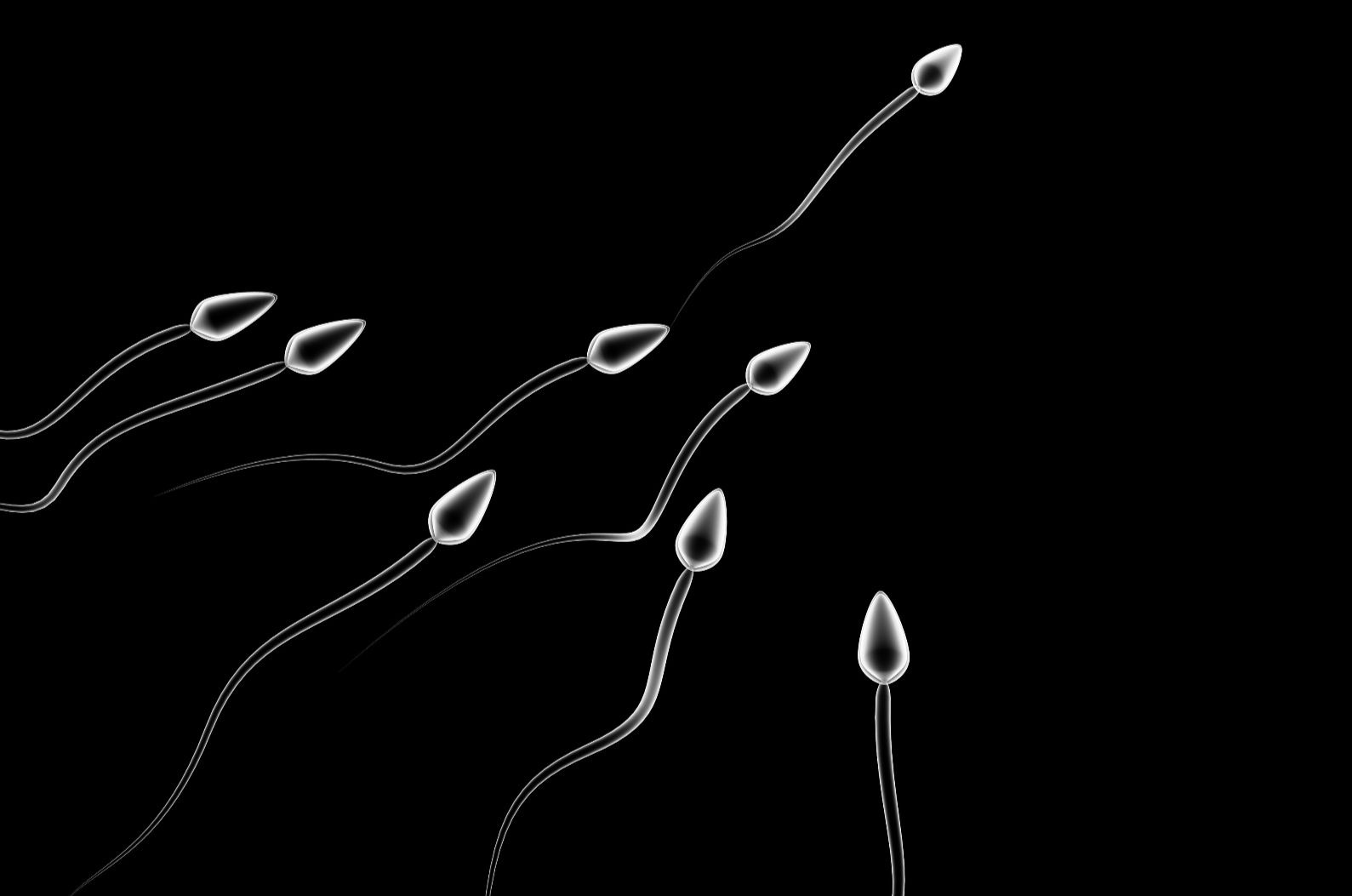We’re proud to have just completed a very successful Year 1 of performing Extended Sperm Search and Microfreeze (ESSM) procedures at Maze Health. We have worked with a wide variety of patients this year and are excited to share some of our outcomes.
What is ESSM?
ESSM is a revolutionary semen evaluation and processing technique that effectively locates and freezes sperm in cases where that was not possible in the past. Where a standard semen analysis is ineffective at detecting a sperm count of less than 200 cells, the extended search process allows us to identify even the presence of a single sperm. These sperm can then be preserved by microfreeze and effectively stored for use in in vitro fertilization-intracytoplasmic sperm injection (IVF-ICSI). The storage device, called the SpermVD, has a survival and recovery rate of over 90%.
ESSM Can Find Sperm Previously Undetected in a Standard Semen Analysis
We have performed 82 ESSM procedures and recovered sperm 37% of the time. This is on par with our projected outcome of 44% sperm recovery based on 140 extended searches in study conditions. We saw patients with both anticipated diagnoses associated with non-obstructive azoospermia (NOA), as well as some unexpected categories.
Some patients that correlated with the study group came to us with hypogonadism, varicoceles, and unexplained NOA. We also saw patients with Klinefelter’s syndrome and y-chromosome microdeletions, as well as pre and post cancer treatment. Most of these patients had a history of consistent or transient azoospermia.
For patients with a history of cryptozoospermia, necrozoospermia, and severe asthenozoospermia (low to no motility), we have been very successful in providing IVF centers with microfreeze samples that significantly simplified the ICSI preparation process on retrieval day.
We have collaborated with many different IVF centers in the tristate area and beyond in the care planning for severe male factor infertility. Due to the coronavirus pandemic, it became necessary for many patients to pause in their IVF or FET (frozen embryo transfer) process after the successful recovery of sperm, but we are very excited to report 2 ongoing pregnancies.
We are grateful to continue a successful collaboration with Mordechai Koenig of the ATime organization, who made us aware of this groundbreaking protocol, as well as with MFC Laboratory, who both published the protocol and designed the SpermVD.
If you’ve been diagnosed with azoospermia or are experiencing male infertility issues, contact us for a free phone consultation to see how we may be able to help.


